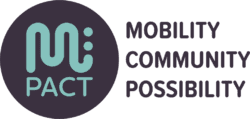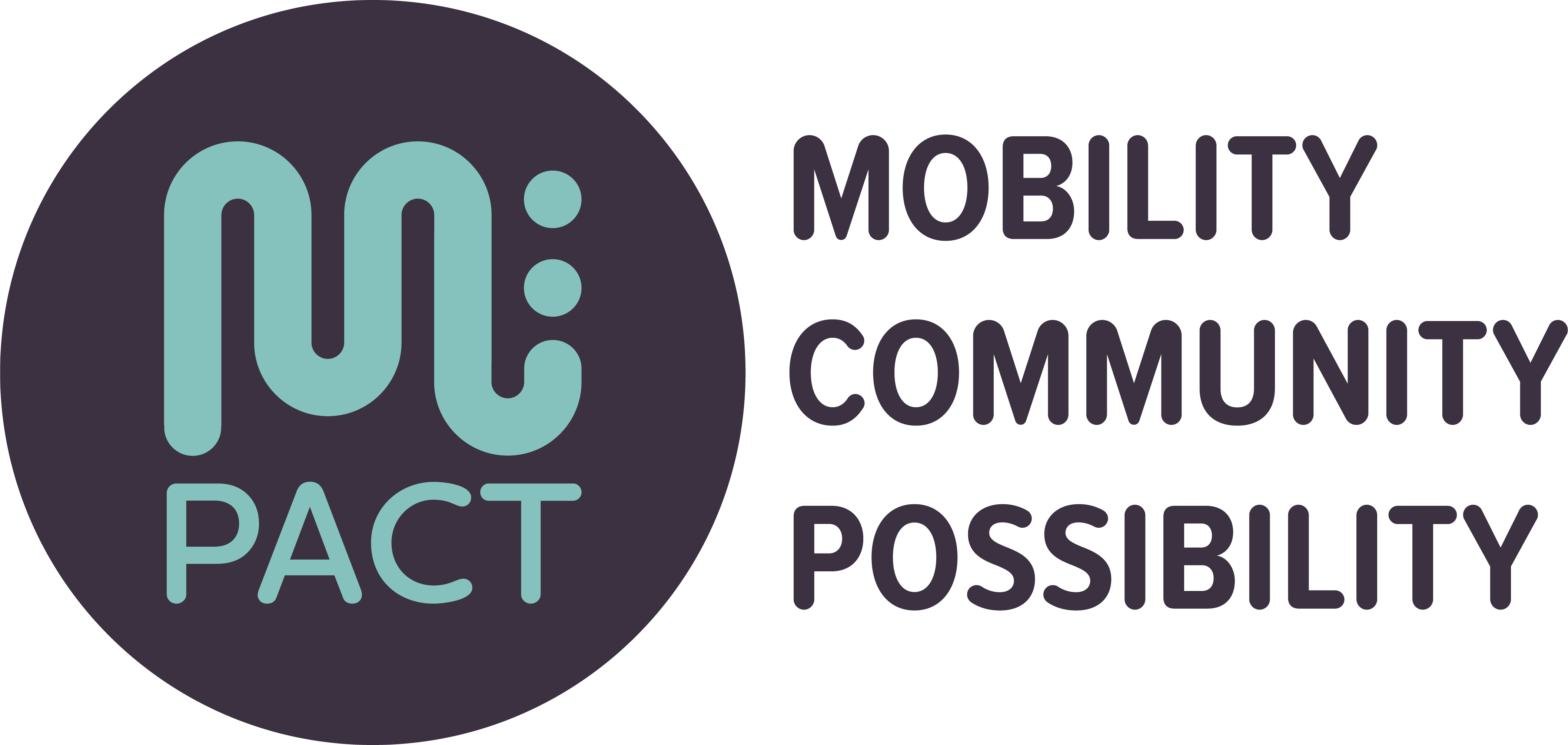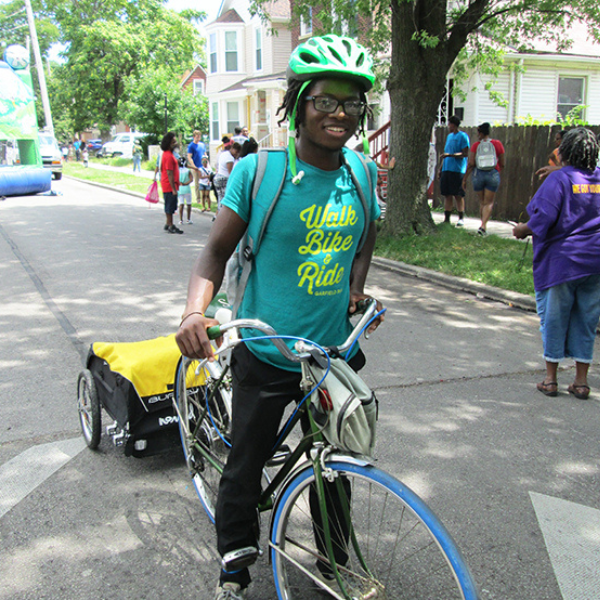Episode 59: A New World of Transportation Demand Management
We’re talking with Tien-Tien Chan, a Principal at Nelson\Nygaard, and Jessica Roberts, a Principal at Alta Planning and Design, about transportation demand management (TDM) – what it is and how it has changed in recent years to embrace far more than the daily commute.
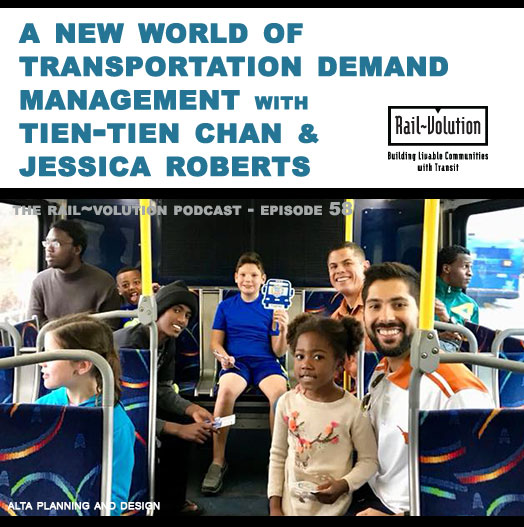
Episode 59 Transcript (Unedited)
Transportation demand management – usually referred to by its initials, TDM – is a really wonky term for efforts to encourage people to get around by modes other than driving alone. As Jessica Roberts explains on this podcast, it started during the oil crisis of the 1970s as a way to reduce use of gasoline and continued, via federal funding, as a way to reduce emissions at peak commuting hours. For a very long time, TDM focused primarily on commute trips. But that’s not solely the focus anymore.
The realm for TDM really expanded in the last several years, embracing different kinds of trips, such as discretionary trips made from home, and different contexts. Tien-Tien Chan describes efforts in Austin, Texas, to bring TDM-approaches to the problem of construction workers filling up downtown parking spots or to the challenge of making big events, such as SXSW, more sustainable. TDM also has shifted to focus on a variety of target audiences, from construction workers (as mentioned) to hospital workers to veterans.
Tien-Tien Chan brings to the conversation a wealth of experience working on policy changes to advance TDM goals. Parking policy, curb management policy and land development codes all are opportunities to inject a TDM approach. Jessica Roberts brings experience with a variety of behavior change campaigns and research. From both perspectives, TDM becomes the “softer side of infrastructure,” with huge opportunity for near-term impacts, via education, outreach and engagement with policy solutions
Chan and Roberts also talk about some of the flaws in the way TDM is usually set up and funded, focusing too much on vehicle-miles traveled (VMT) and shifting trips from driving, rather than the benefits to individuals and communities. They share new models for TDM, such as universal basic mobility programs.
Resources and Links
Featured Guests

Tien-Tien Chan
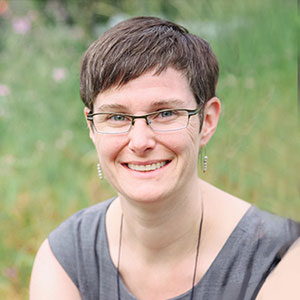
Jessica Roberts
Jessica Roberts
